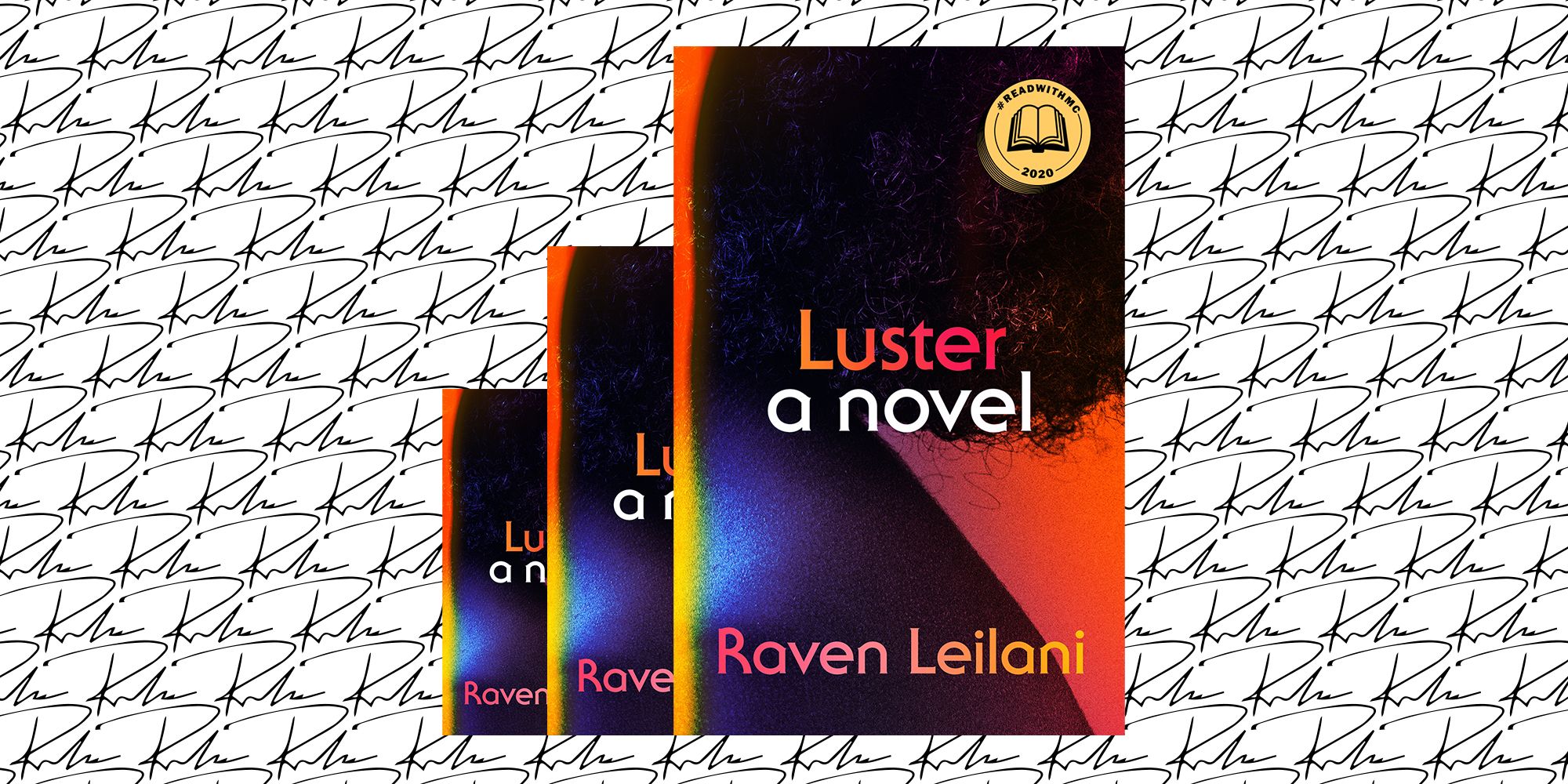


Here is Edie with Eric, the guy she’s having cybersex with at the start, together at a club’s throwback disco night:īut the beauty of disco is the too much, is the horn section and the cheese, and so Eric and I convene in the bathroom over a spoon and someone is in the stall next to us with bare feet weeping and we go out into the middle and Eric is a very coordinated white man but given to fall back on the cabbage patch and the diddy bop, which is fine, and then we’re in his car with the AC all the way up, on a reasonable clip through the Holland Tunnel, and he’s handing me his phone and asking me to decline a call from his wife, which makes me feel terrible, not out of any fealty to Rebecca but because this night appears to have generated from some greater marital drama, though of course I relish denying the call . . . She is a sharp phrasemaker-we get “the high-fructose sun” of an amusement park, and an older co-worker’s “bleached, Warholian cool”-and she loves catching her reader off guard by tweaking a sentence midway through, switching up speeds, like a pitcher, so that a passage that begins modestly suddenly gathers momentum, shooting forward in long, arcing phrases that stay improbably in flight.

program in fiction, and from the opening sentence her novel showcases her style with, well, a bang: “The first time we have sex, we are both fully clothed, at our desks during working hours, bathed in blue computer light.” That casual disclosure is typical of Leilani’s knowing, understated wit.

Leilani is twenty-nine, a graduate of New York University’s M.F.A. Yet the heart is as muddled by freedom as it was by constraint, and that is where the mordant, bruising “Luster” charges in. Sexual barriers have long since been torn down, taboos lifted, transgressions neutralized from Anna Karenina’s point of view, things would look positively utopian. You could be forgiven for thinking that adultery, a cornerstone of so many great nineteenth-century novels, had been exhausted as a subject. Take Raven Leilani’s first book, “ Luster” (Farrar, Straus & Giroux), which tells the story of Edie, a twenty-three-year-old publishing peon who begins an affair with a married man she meets on a dating site. One reason that the novel, despite so many tedious predictions to the contrary, stubbornly refuses to die is that the world that fiction helps us see keeps shifting shape.


 0 kommentar(er)
0 kommentar(er)
